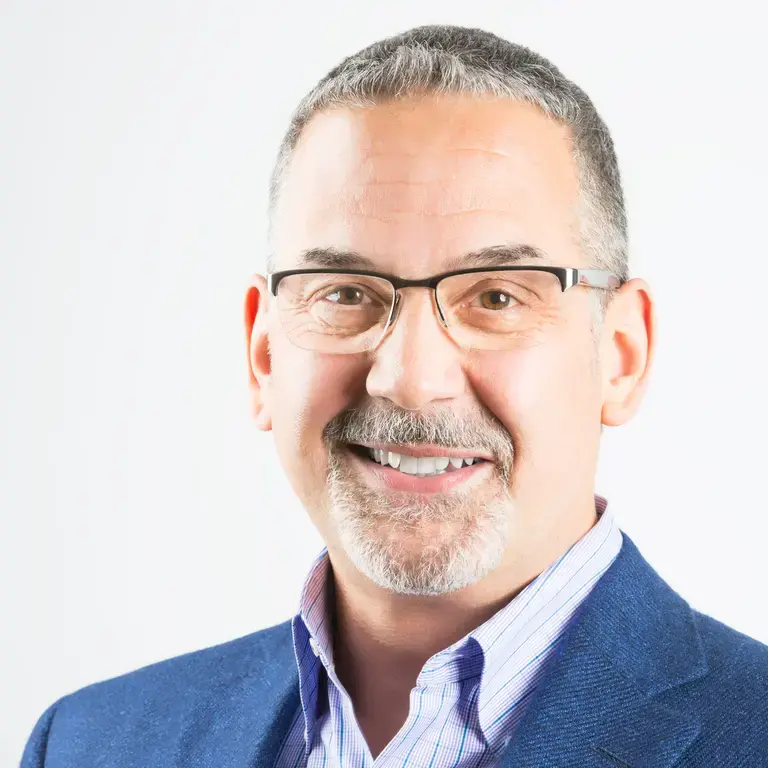Harvard Business Review contributor and Reya Group founder and managing director Jesse Price visited Louis Scenti and Tina Anderson’s Introduction to Human Capital Management (HCM) class during the fall 2022 session to engage students in discussion around leading organizational culture change. An organizational culture and leadership expert, Price leads consulting teams that implement large-scale organizational change for companies across industries. His most recent clients have included some of the world’s leading logistics, retail, technology, and consumer-products companies.
Introduction to HCM is a core course in the M.S. in Human Capital Management program in which students learn about effective strategies for designing human-capital solutions and people-development programs, including business-aligned and integrated approaches to talent management and cross-functional collaboration with organizational leadership.
“Culture isn’t hocus-pocus, it isn’t something that is just a gut thing. … It is a foundational business system that can be managed,” he said. In his must-read 2019 Harvard Business Review article “The Leader’s Guide to Corporate Culture,” Price leverages decades of organizational research in organizations to identify eight characteristics of culture, mapped into two dimensions: how people interact (independence/interdependence) and how people respond to change (flexibility/stability).
Leading culture efforts can be challenging because, as Price says, “culture tends to be a rearview mirror” that originates in the past. In other words, culture is formed in the past, and change leaders are assessing what has already occurred in the past. Price recommends a multipronged approach to assessing culture: Surveys, listening sessions, and natural language processing used together can be an effective measurement approach.
Price noted that trends in the field have changed, too. In the past, employers spoke about “culture fit,” while today they think in terms of “culture add.” All employees will add to the existent culture by bringing their unique selves to work. During the recruitment and selection process, organizations must consider how a specific candidate will add to the culture and whether there is a risk that the candidate might struggle within the existing culture.
When asked how to establish a “good” organizational culture, Price was clear: The best culture, he said, is aligned to and supports the business aspirations. Start there, continually monitor, and drive the leadership behaviors that will reinforce it.
